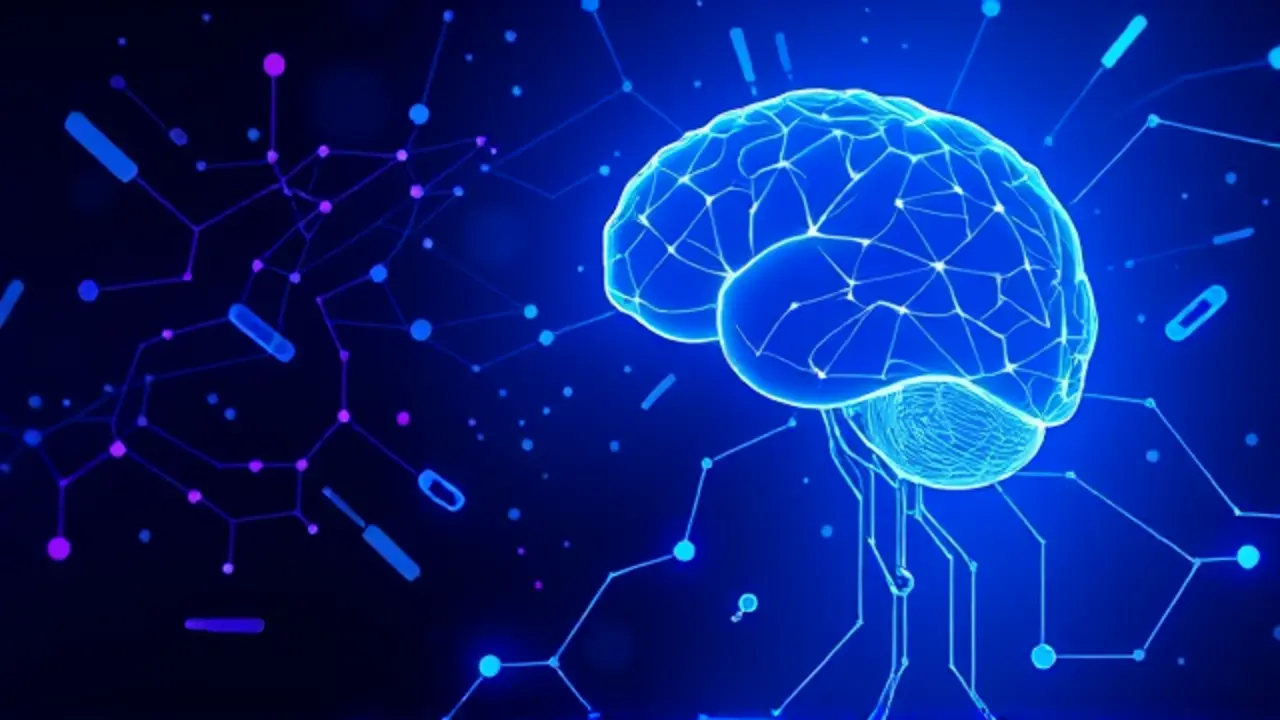Internet's Impact on Gen Z and Elderly Brains
The digital chasm between generations has never felt wider, yet a fascinating paradox is emerging from the glow of our screens. While conventional wisdom often paints the internet as a singularly corrosive force on young minds, new research published in the Journal of Psychiatric Research suggests its impact is profoundly dualistic, a story not of uniform decay but of divergent paths.For Generation Z, those digital natives who have never known a world without instantaneous information and endless scrolling, the constant, high-velocity stream of content appears to be reshaping cognitive architecture in concerning ways. Neuroscientists observing these trends point to shortened attention spans, a preference for visual stimuli over deep textual analysis, and a neural reward system recalibrated for the quick hit of a 'like' rather than the sustained satisfaction of mastering a complex skill.It’s as if their brains, in a remarkable feat of adaptation, are being wired for efficiency in a fragmented landscape, but at the potential cost of the deep, contemplative focus that has long been the bedrock of learning and critical thought. I recently spoke with a university professor who lamented the growing difficulty students have in engaging with a single, dense text for an hour; their minds, she observed, seem to crave the staccato rhythm of a TikTok feed even in the quiet of a library.Conversely, for the elderly, the internet is proving to be an unexpected fountain of cognitive youth. Where a retired individual’s daily routine might have once risked falling into a pattern of passive television consumption and social isolation, the internet offers a dynamic, on-demand gymnasium for the mind.Learning to use a video call to see a grandchild, navigating a new recipe website, or even just falling down a rabbit hole of historical documentaries requires the brain to form new neural pathways, to problem-solve, and to engage in continuous learning. This isn't just about staving off boredom; it's about active neuroplasticity.Geriatric specialists are increasingly viewing moderated internet use as a vital tool for cognitive maintenance, helping to keep the neural networks 'elastic-y,' as the study notes, and potentially delaying the onset of age-related cognitive decline. The key difference seems to lie in the baseline.For a young person whose brain is still developing its fundamental structures, the internet's chaotic environment can become the primary blueprint. For an older adult with a fully formed cognitive foundation, the internet serves as a novel and stimulating set of challenges that exercises existing faculties.This isn't to absolve the darker corners of the web—the echo chambers, the misinformation, the privacy erosion that threatens all users—but to acknowledge a more nuanced human story. It’s a tale of two realities: one where a tool of infinite connection might be subtly limiting a generation's capacity for deep focus, and another where the very same tool is offering another generation a renewed lease on mental agility and social connection. The conversation, therefore, shouldn't be about whether the internet is simply good or bad, but about how we, as a society, can curate its use to harness its rejuvenating power for the old while mitigating its fragmenting potential for the young, ensuring this powerful technology serves humanity across the entire span of a life.
Latest News
JWST may have found the Universe’s first stars powered by dark matter
4 days ago0 comments
Indian Startup Airbound Raises $8.65M for Rocket Drone Deliveries
4 days ago0 comments
Nobel winner warns Europe is losing tech race.
4 days ago0 comments
Chinese Scientists Restore Ancient Love Poem with AI
4 days ago0 comments
Scientists build artificial neurons that work like real ones
4 days ago0 comments
Popular hair-loss pill linked to depression and suicide
4 days ago0 comments
This new blood test can catch cancer 10 years early
4 days ago0 comments
Hong Kong Entrepreneur Fights Dementia with Cultural Games
4 days ago0 comments
It’s quiet here...Start the conversation by leaving the first comment.
© 2025 Outpoll Service LTD. All rights reserved.
